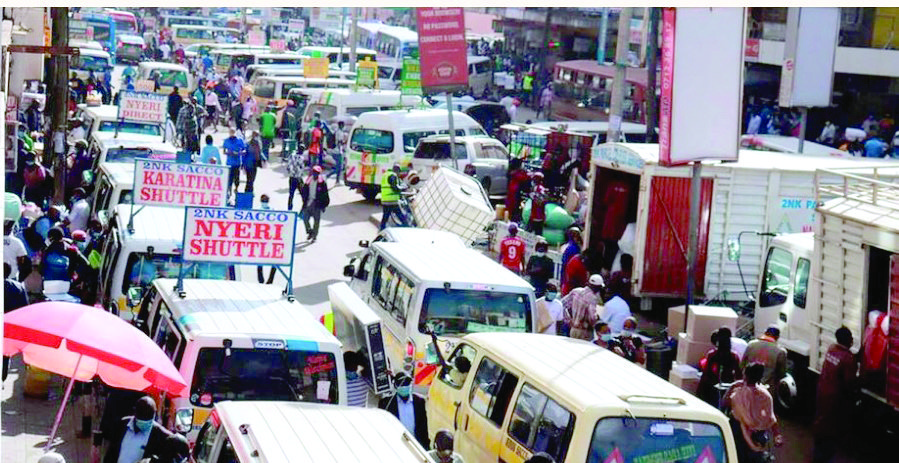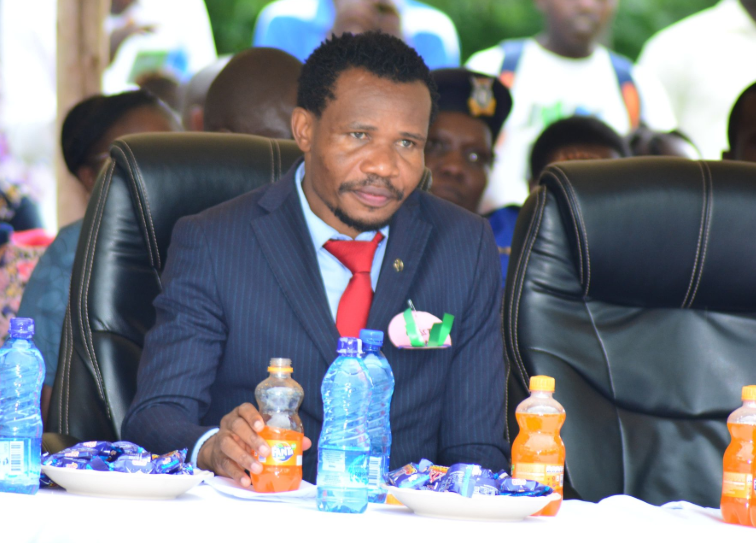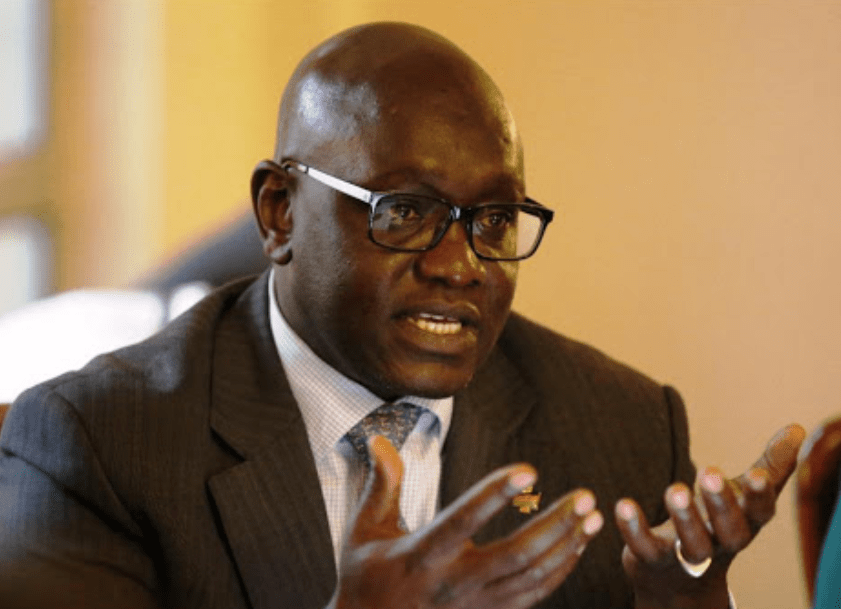Road safety should come before profit

Passenger transport company Super Metro, whose operations had been suspended by regulators, announced on Thursday that it was returning to the roads.
The back-and-forth between the company and the National Transport and Safety Authority (NTSA) had gone on for weeks. The saga exposed a shocking reality that should alarm every Nairobian who uses the company’s buses: nearly 300 unqualified drivers from a single company were ferrying thousands of commuters daily on our already dangerous roads.
Before the suspension was lifted, the Transport Licensing Appeals Board had ordered Super Metro to fire 269 drivers after the regulator found them unqualified to hold driver’s licences. An additional 42 drivers require retesting, and a staggering 64 had already failed retests weeks earlier.
We don’t think these are isolated incidents but evidence of mismanagement at Super Metro and incompetence and negligence in the transport regulatory system.
Consider the statistics: of Super Metro’s 523 vehicles, dozens had expired inspection certificates and licences, while hundreds were either speeding beyond legal limits or had compromised speed monitoring systems.
One passenger reportedly died after being thrown from a moving Super Metro bus – a tragedy that finally jolted NTSA out of its slumber.
The Super Metro scandal forces us to confront uncomfortable questions about driver education in Kenya. Our driving schools are nothing more than diploma mills, churning out drivers with minimal competence through shallow curricula that focus on passing tests over equipping actual road skills. Many instructors concentrate on teaching shortcuts to passing evaluations rather than instilling proper driving habits and safety protocols.
Even more disturbing is the corruption that plagues the licensing system. The sheer number of unqualified Super Metro drivers suggests a rotten system where bribes have replaced competence. If NTSA personnel are paid to issue licences to unqualified drivers, they are complicit in the accidents, injuries and deaths reported daily.
While Super Metro has now resumed operations, claiming it has complied with “all” the NTSA requirements, the damage to public trust remains. We wonder: if a major transport company, operating in the capital can keep hundreds of unqualified drivers on its payroll, what is happening in smaller companies and rural areas where there exists less or no scrutiny?
The solution to the licensing issue is not rocket science. We need a complete overhaul of driver education standards, regular mandatory retesting for commercial drivers, and zero tolerance for corruption in the licensing system.
Where possible, technology must be deployed to eliminate human judgement in driver testing.
This Super Metro saga should teach us that we cannot wait for more lives to be lost before enforcing the standards that should have been there all along. Safety should come before profit.












